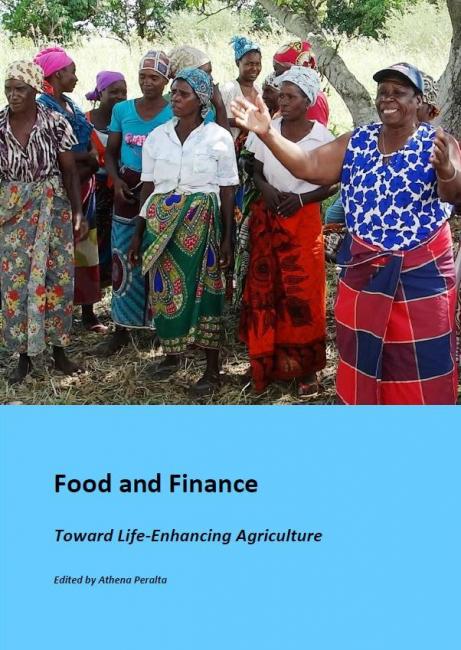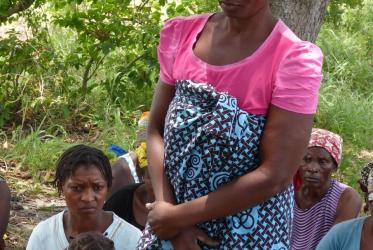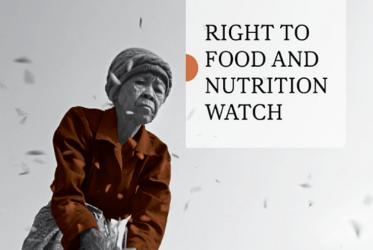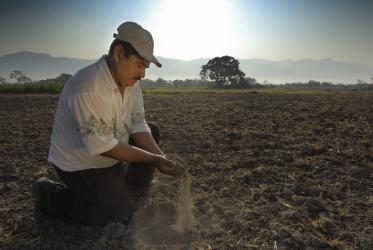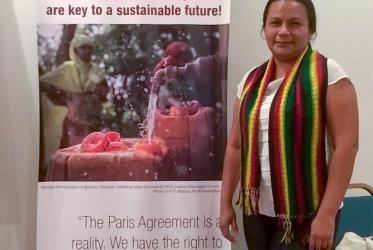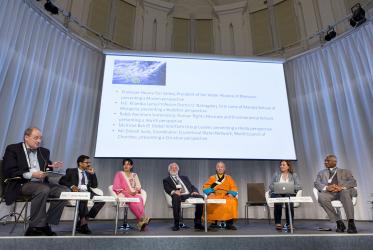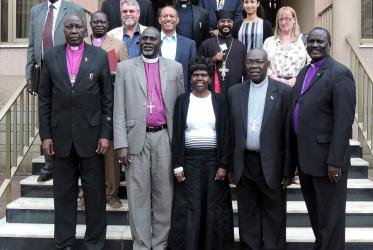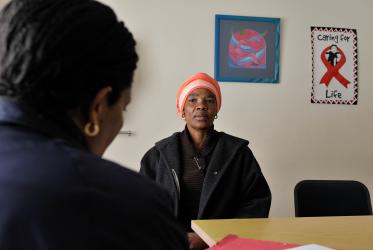Displaying 341 - 360 of 463
Food and land justice focus of Mozambique workshop
19 December 2016
Water justice focus of consultation in Nigeria
29 November 2016
WCC Executive Committee issues statement on climate justice
25 November 2016
Joining Blue Communities, WCC turns from bottles to taps
26 October 2016
WCC joins the Blue Community
25 October 2016
Visser’t Hooft Hall, Ecumenical Center, 150 Route de Ferney, Geneva
WCC climate change group plans advocacy strategy
10 October 2016
WCC offers food for thought as “Food Week” approaches
03 October 2016
New guide on climate justice and water released
01 September 2016
Children are being let down over HIV care
17 July 2016
Local work by faith-based groups key to ending AIDS
27 June 2016
